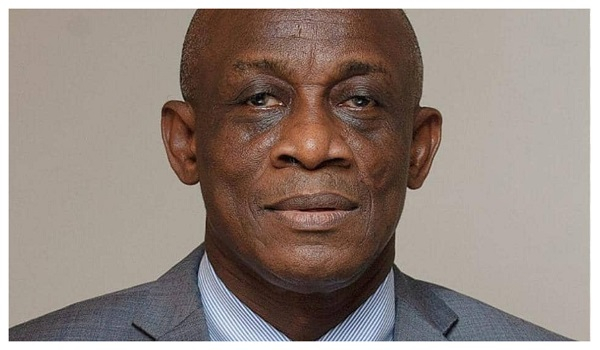Report: US Deported 900 Nigerians in Six Years

According to data from the United States Immigration and Customs Enforcement (ICE) 2024 Annual Report, 902 Nigerians have been expelled from the U.S. since the start of fiscal year 2019. An additional 3,690 Nigerians have removal orders pending. While Nigerian removals decreased from 286 in 2019 to 138 in 2024, marking a 51.7% decline over six years, ICE data indicates spikes during Donald Trump’s tenure and the potential for increased removals in 2025.
Nigeria accounts for the largest share of U.S. deportations in Africa, followed by Senegal (716 removals), Ghana (582), and Mauritania (491). Mauritania saw a rise in removals from 58 in 2023 to 353 in 2024, attributed to the Electronic Nationality Verification (ENV) expansion programme, which expedited identity checks. The ENV programme cut manifest-approval times, enabling weekend-chartered flights to countries like Mauritania, Senegal, and Ghana. Other African countries with significant removals include Egypt (467), Somalia (406), Democratic Republic of Congo (395), Liberia (379), Kenya (335), and Guinea (294), along with others such as Angola, Cameroon, and Ethiopia.
Outside Africa, Mexico leads in removals with 434,827 between fiscal years 2019 and 2024. The Northern Triangle countries also have high numbers, with Guatemala (185,713), Honduras (142,349), and El Salvador (65,268) removals. Colombia (30,724) and Ecuador (26,847) also had notable returns due to increased charter flights in 2023. The Dominican Republic, Nicaragua, and Venezuela recorded smaller but significant totals.
In 2024, the 10 countries with the highest removals accounted for nearly three-quarters of the 271,484 people ICE deported, marking the agency’s busiest year since before COVID-19. ICE's authority for removals is based on the Immigration and Nationality Act, citing reasons such as unlawful entry, visa overstays, fraud, criminal convictions, or national security concerns.
President Donald Trump’s Executive Order 13768 in January 2017 broadened ICE’s enforcement, leading to a 30% jump in arrest numbers that year and a rise in Nigerian removals. In 2019, total removals reached 267,258, including 286 Nigerians. By late 2020, ICE had identified 3,690 Nigerians for potential deportation. In 2021, President Joe Biden directed ICE to prioritize serious criminals and recent entrants, causing a drop in removals, with only 78 Nigerians deported that year. In 2022, even fewer Nigerians (49) were sent home due to pandemic-related travel restrictions and cautious enforcement.
A Supreme Court ruling in July 2024 allowed the Department of Homeland Security to reinstate guidelines prioritizing public safety and national security cases. ICE defines












